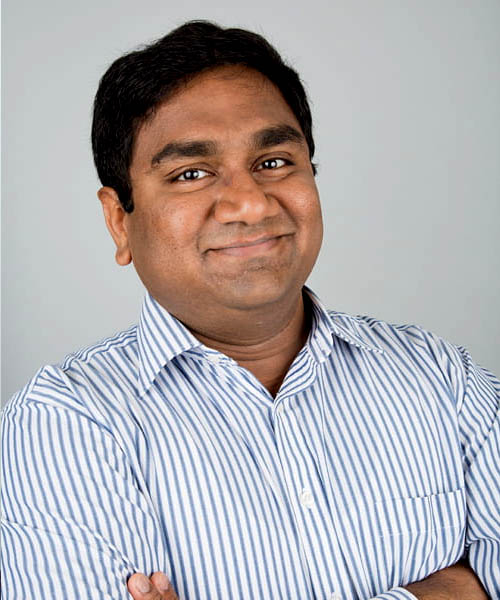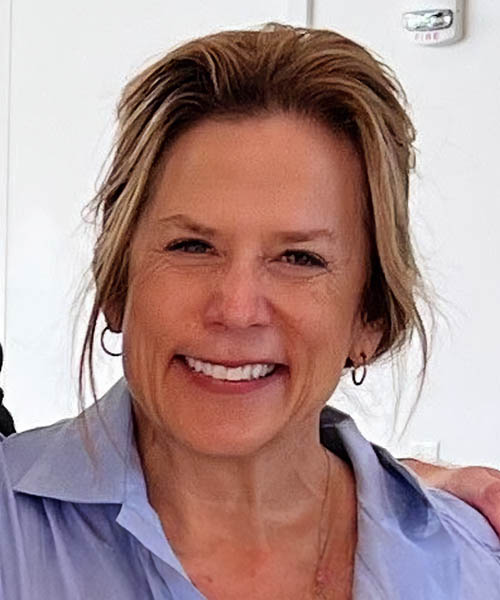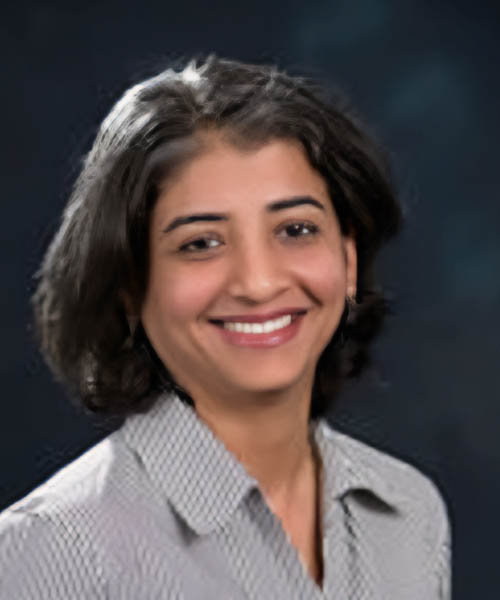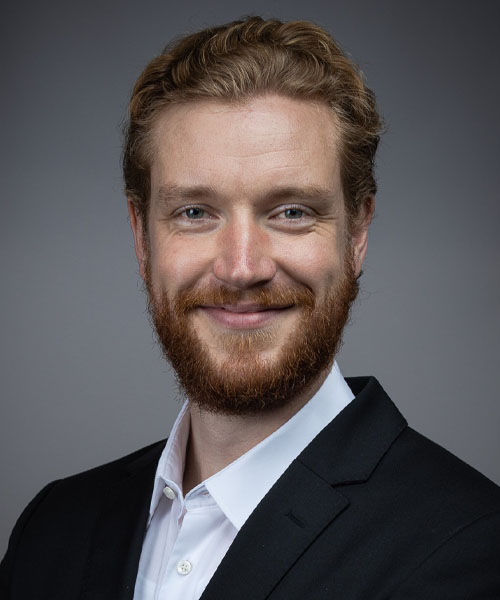Leeya Engel
Technion – Israel Institute of Technology
An Engineered Platform to Study the Influence of Nanotopography on Endothelial Cell Organization
Endothelial cells are exquisitely sensitive to ECM topography. We engineered nanopatterned ECM constructs compatible with high resolution electron microscopy by electrospinning aligned and randomly oriented ECM fibers on gold electron microscopy grids. These cell culture supports will enable investigation of the sensitivity of endothelial cells to changes in ECM topography.
About Leeya Engel
Leeya Engel is an Assistant Professor of Mechanical Engineering at the Technion – Israel Institute of Technology. She received a B.Sc. in physics from The Hebrew University of Jerusalem, Israel in 2008 and a direct track Ph.D. in materials engineering and nanotechnologies from Tel Aviv University, Israel in 2016. Her doctoral work focused on developing electroactive polymer micro-actuators and was recognized by a number of research awards including the Nellie Yeoh Whetten Graduate Student Award from the American Vacuum Society. Following a grant from the Sackler Fund for Convergence Research in Biomedical, Physical and Engineering Sciences, she worked as a visiting student researcher integrating printed electronics and electroactive polymers with microfluidics in Liwei Lin’s lab at UC Berkeley. Leeya began her postdoctoral training in the Pruitt, Dunn, and Weis labs at Stanford after she was awarded a Stanford CHEM-H Postdoctoral Fellowship for Interdisciplinary Postdoctoral Training in Quantitative Mechanobiology. In the Pruitt lab, Leeya pioneered the use of maskless photopatterning to control cell position on TEM grids for whole cell cryo-electron microscopy. In the Dunn lab, she engineered microfluidic platforms for stem cell culture and used cryo-electron tomography and cryo-focused ion beam milling of cells cultured on microfabricated substrates to study nanoscale subcellular organization in endothelial cells and cardiomyocytes. Leeya moved to the Technion to establish her own research group in 2022 and was named a Diane and Guilford Glazer Foundation Faculty Fellow. Her lab combines micro- and nanofabrication technologies with cell culture and electron microscopy to access challenging questions in mechanobiology and improve our understanding of nanoscale biological structures.
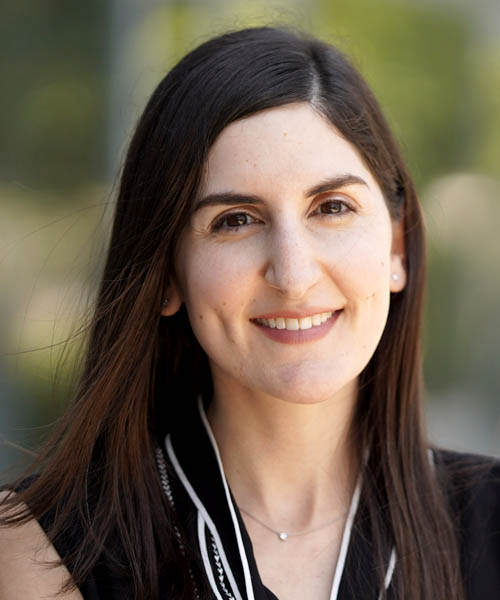
An Engineered Platform to Study the Influence of Nanotopography on Endothelial Cell Organization
Date: Friday, May 31
Time: 8 - 8:30 am
Location: Grande E

